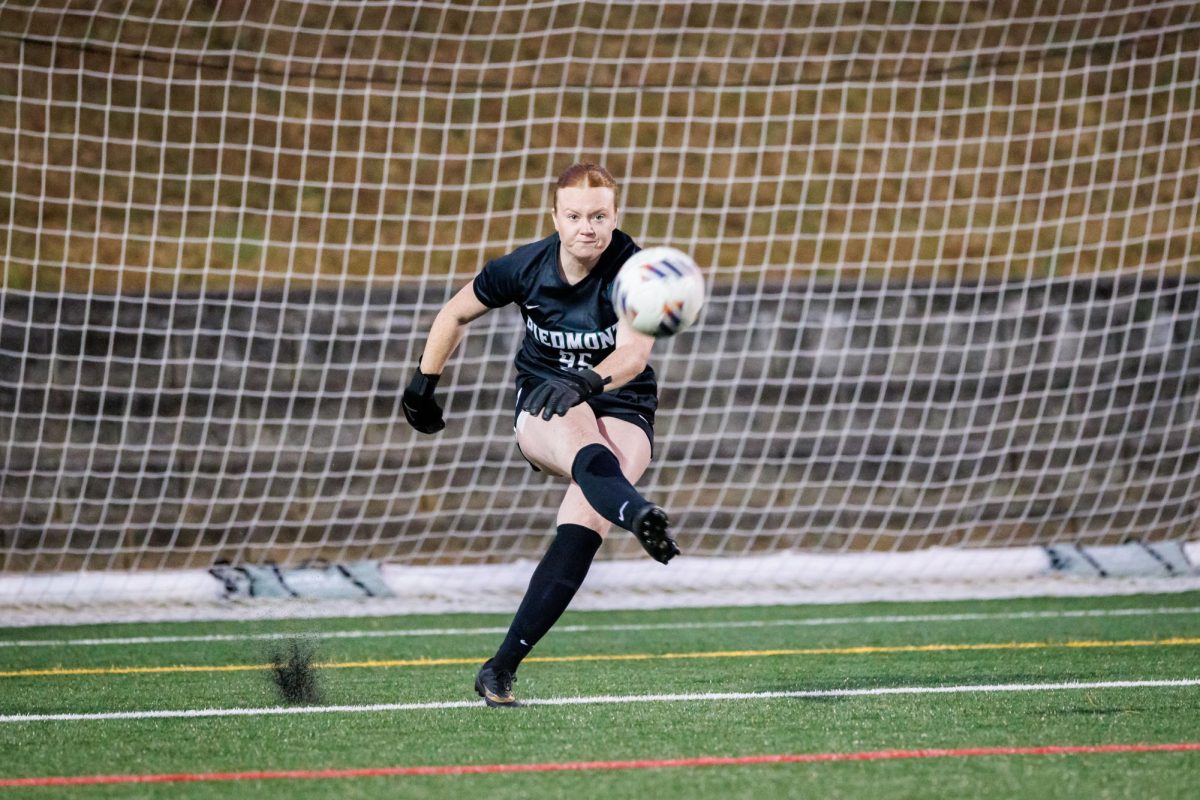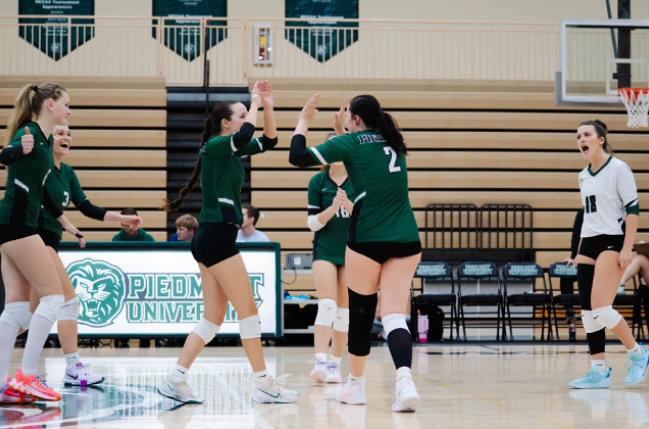The countdown begins, and the pressure starts to rise. Final exams are right around the corner, meaning a long holiday break, but also lots of studying. It’s easy to become overwhelmed by this time of the year although with the right strategies and time management you can better prepare yourself for each test! It’s beneficial to adopt good study habits in general, especially with the New Year ahead.
The best way to feel prepared is to start early. It’s important to give yourself enough time to study for each class, procrastination will only cause more stress and make obtaining information harder. If you don’t know it the night before you won’t the next day. An easy way to get ahead is to dedicate a little time each day to studying. 1 hour of studying each day for a week before exams is more effective than studying the whole day before. The Pomodor technique is an effective way of researching and giving your brain a break. Give yourself 25 minutes to study, then take a 5-minute break so your brain can rest.
Having a planner is smart to write out what you need to do and schedule when to study material so there is enough time, this helps with accountability. Flashcards are beneficial for studying and can even be divided into sets for each class. Studying in groups is great for collaboration and sometimes it helps to hear it from someone else because then connections can be made.
To effectively understand and gain information you need to actively engage with the material. A personal favorite would be the Feyman technique. This is where you explain a concept in simple terms to learn it quickly. If you can teach it to an elementary student, you can remember it for a test. Active recall is also a very effective technique to condition your brain into remembering information. This is where you test yourself on what you know, and study the things you get wrong. Lastly, a method that I have found to help me the most is first, reading my notes thoroughly, after this write out on a whiteboard as much as you can remember and keep doing this each time until you can eventually write it all out by memory.
Most importantly, taking care of ourselves. Sleep is such a crucial part of cognitive function. Getting enough sleep helps consolidate memories so it’s essential to get 7-9 hours of sleep the days leading up to exams. Staying up all night studying won’t make you remember information. With that being said, start early, engage, and sleep. Good luck to everyone with exams!














